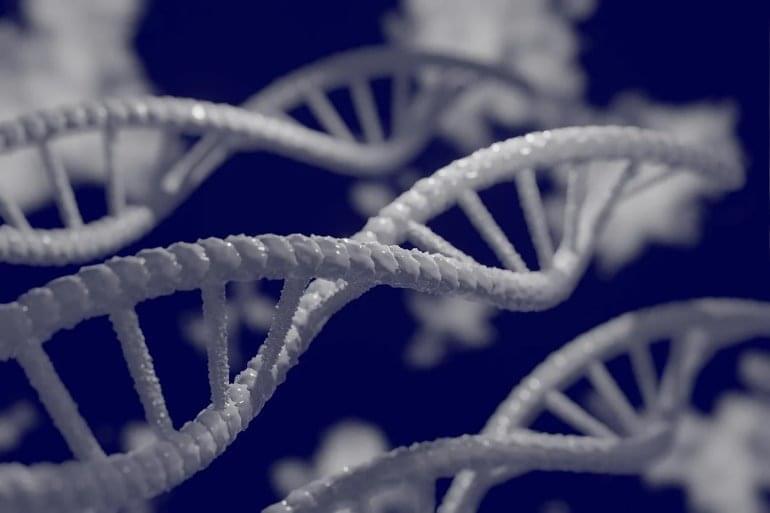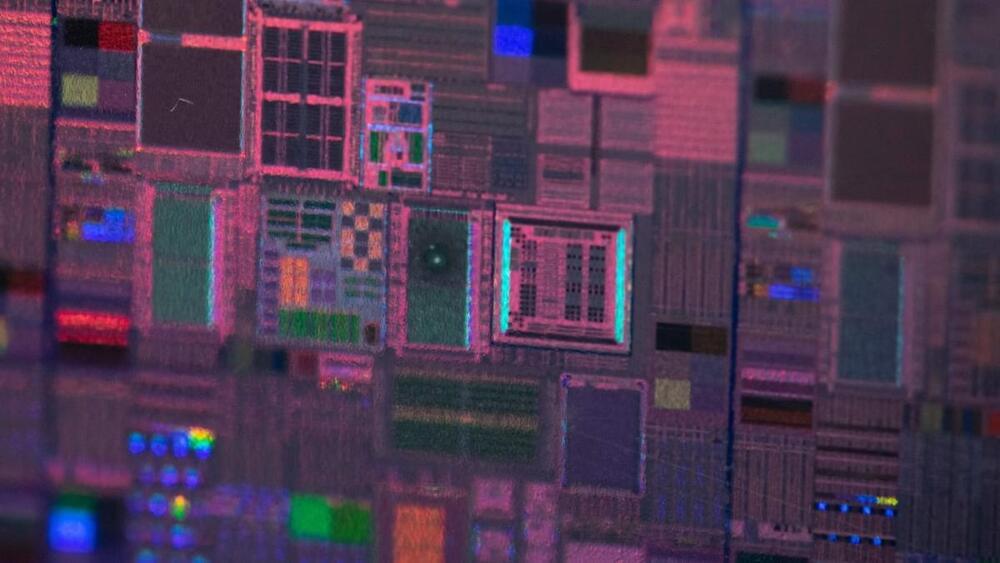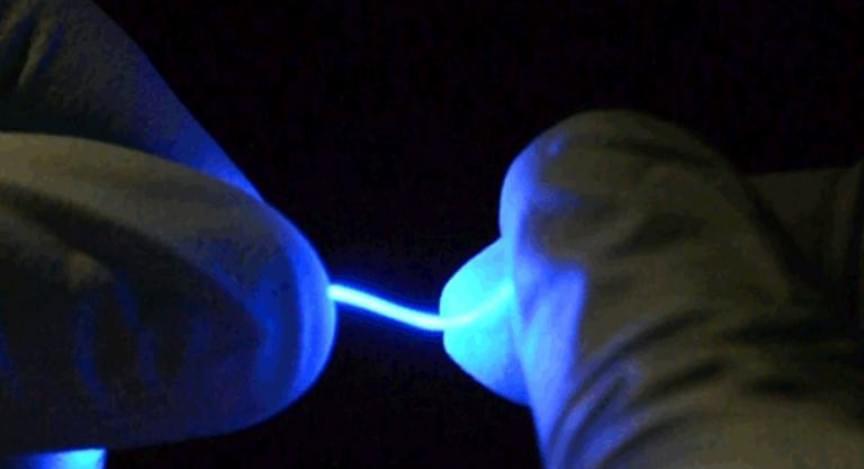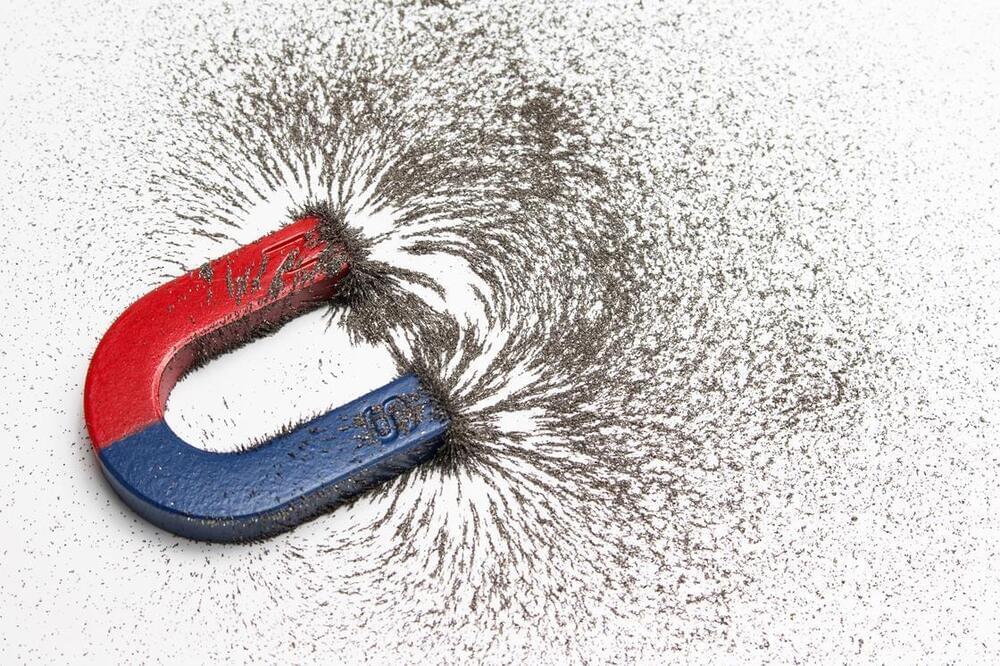Probability of a reaction occurring increases 100-fold and points to quantum control of chemistry.
A new step towards quantum control of chemistry has been achieved by researchers in the US, who found that tuning the magnetic field applied to colliding ultracold molecules could alter the probability of them reacting or undergoing inelastic scattering a 100-fold.1 The work could potentially prove useful for producing large ensembles of molecules in the same state and investigating their properties.
At room temperature, the random thermal motion of atoms and molecules blurs the quantum nature of chemistry. In an ultracold regime, however, this thermal motion is stilled, revealing chemical interactions as quantum interference processes between matter waves. Remarkable phenomena have been seen in ultracold atomic gases, such as the creation of Bose–Einstein condensates, in which atoms all enter the quantum ground state of a trap, allowing a macroscopic view of their quantum wavefunction. Wolfgang Ketterle at the Massachusetts Institute of Technology (MIT), whose group performed the new research, shared the 2001 physics Nobel prize for the creation of this condensate.
Cooling molecules to the ground state of a trap is much trickier than cooling atoms because they can contain thermal energy in so many internal degrees of freedom, and was only achieved by Jun Ye of JILA in the US and colleagues recently.2 In 2020, Ye’s group applied an electric field to potassium–rubidium molecules, which decay into diatomic potassium and rubidium molecules. The researchers showed that, at a specific field, the molecules were excited into states forbidden by quantum mechanics and could get close enough to react. This drastically slowed the decay rate. ‘For our system, we typically think that, if the two molecules get very close together, there is close to a 100% chance that they will undergo a chemical reaction,’ explains Kyle Matsuda, Ye’s PhD student and the 2020 paper’s lead author.









